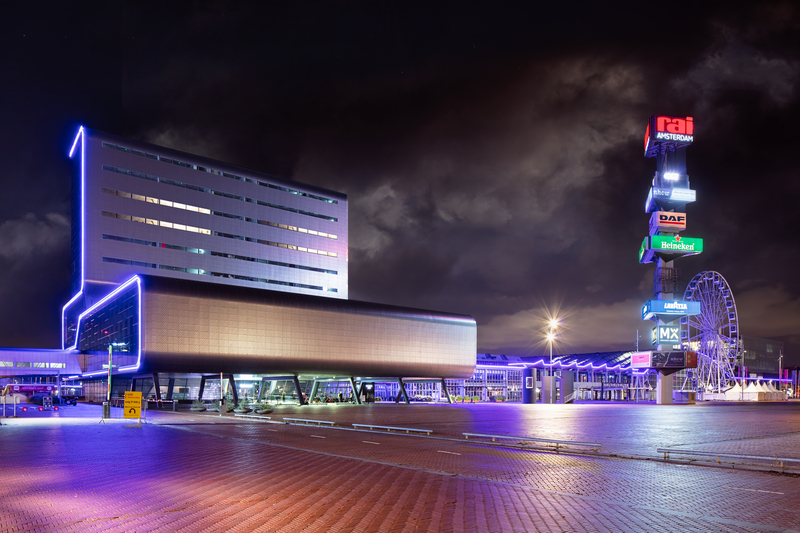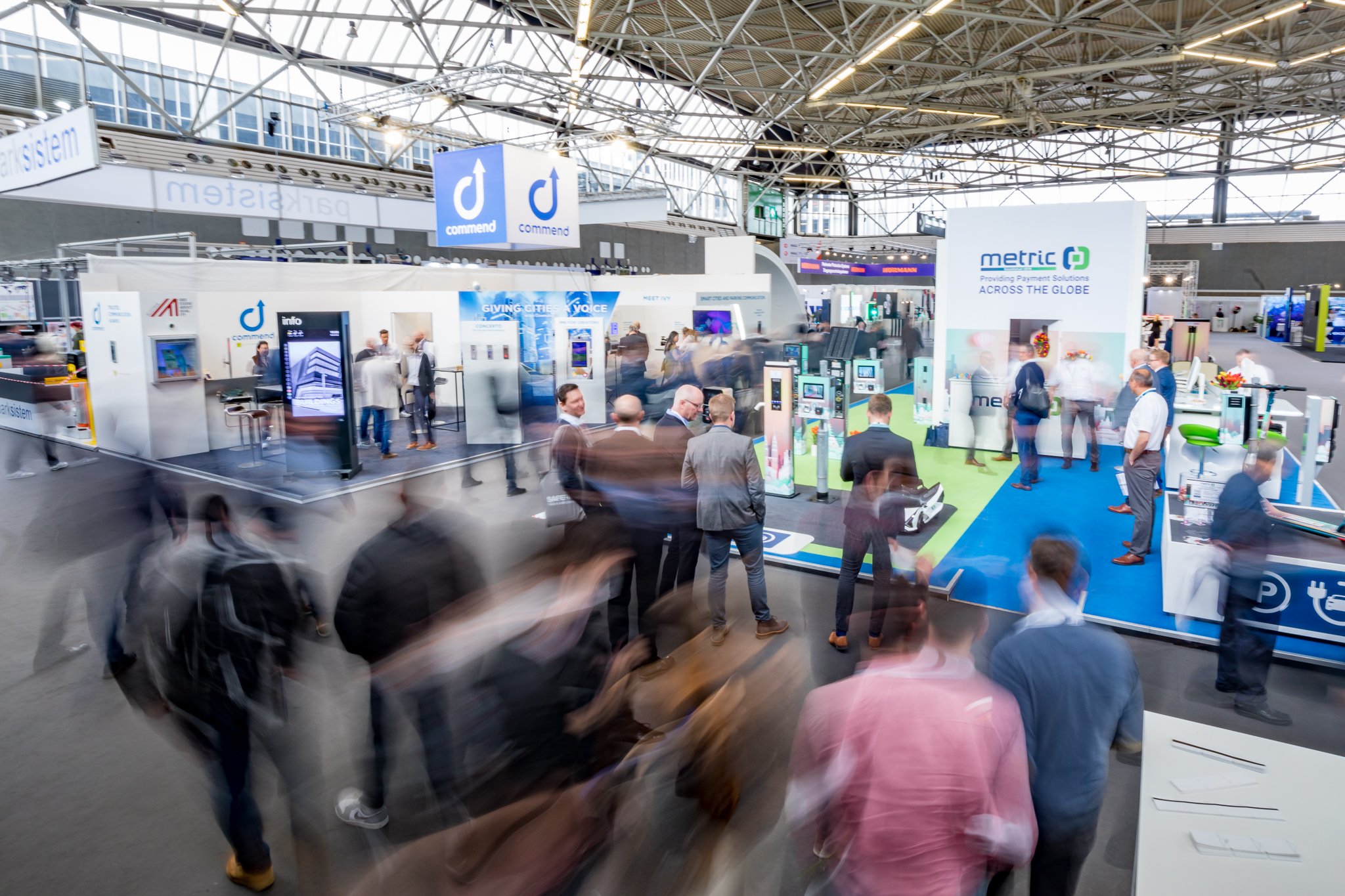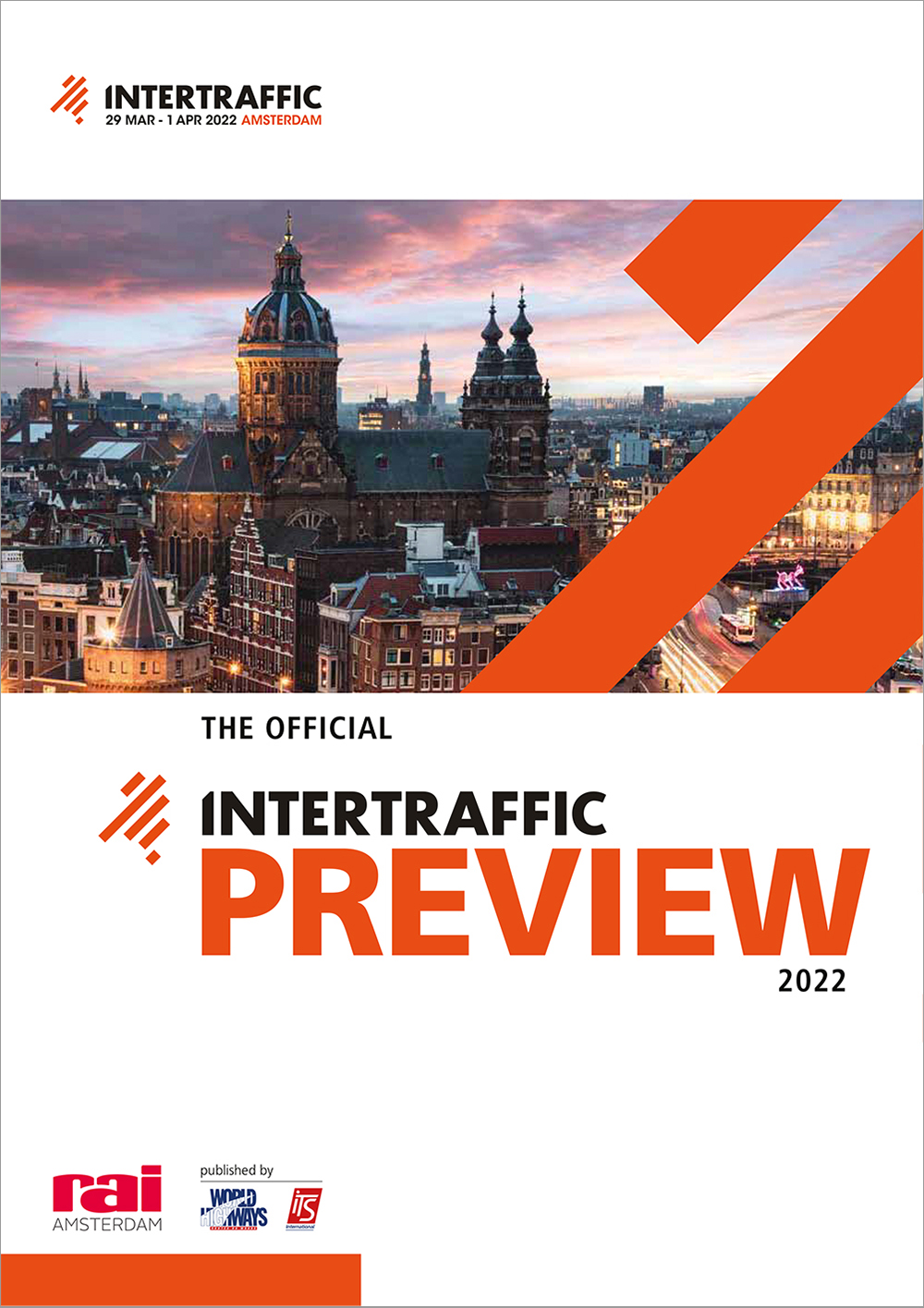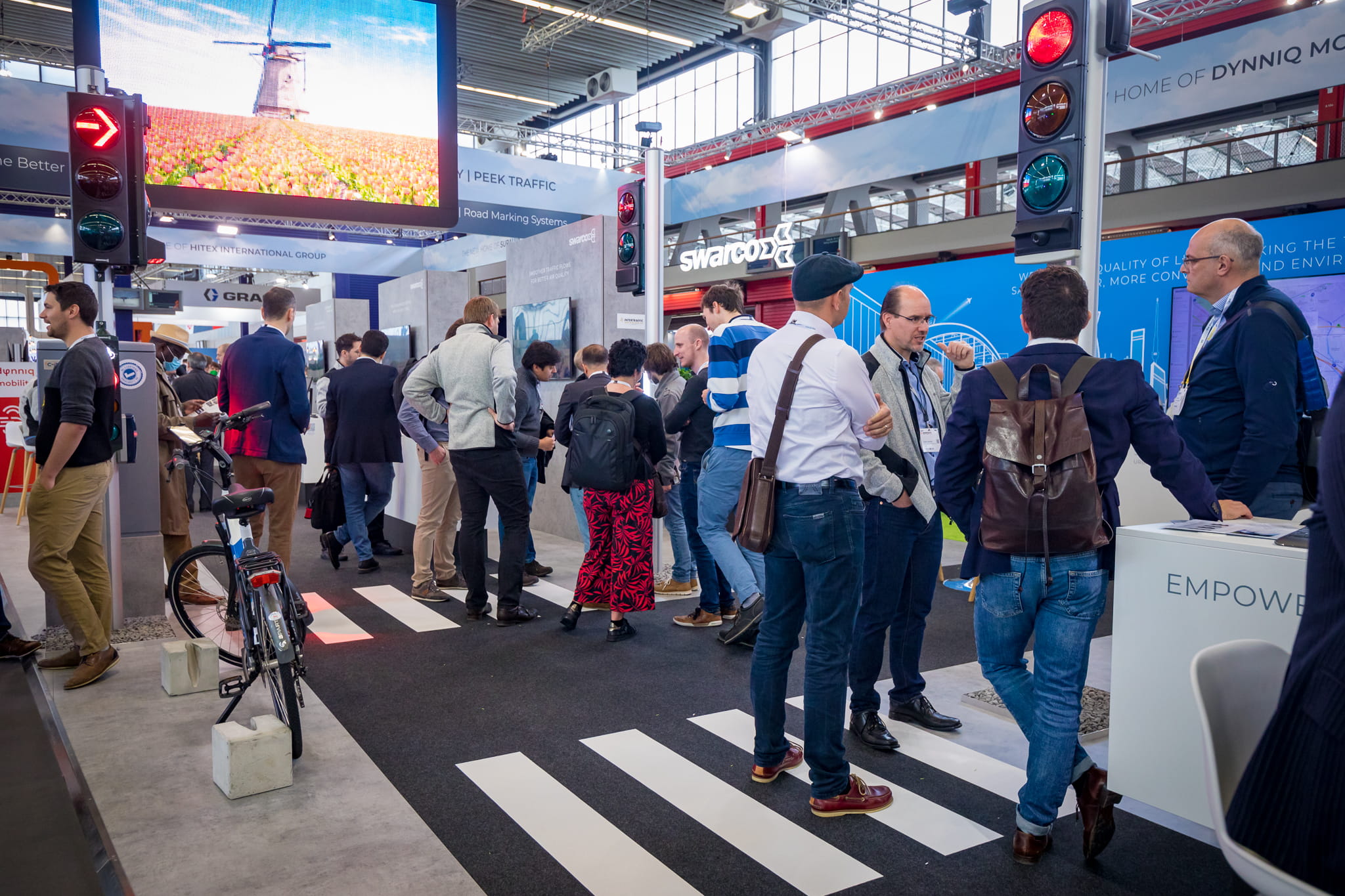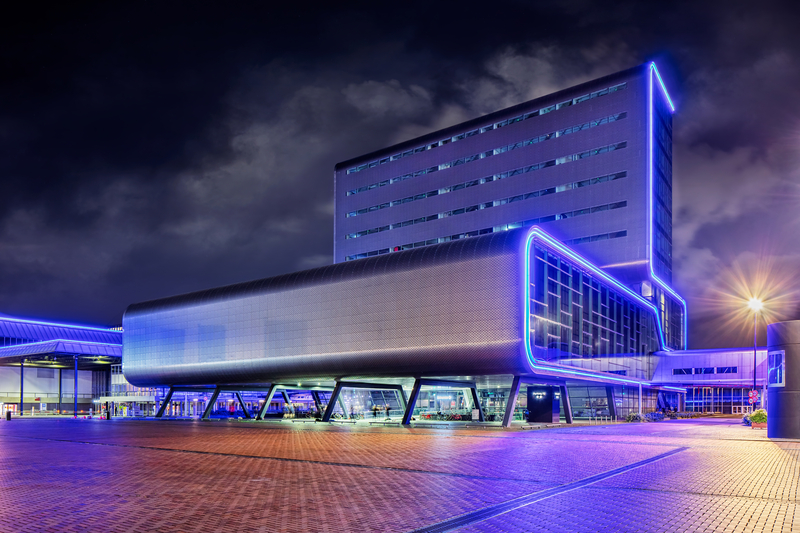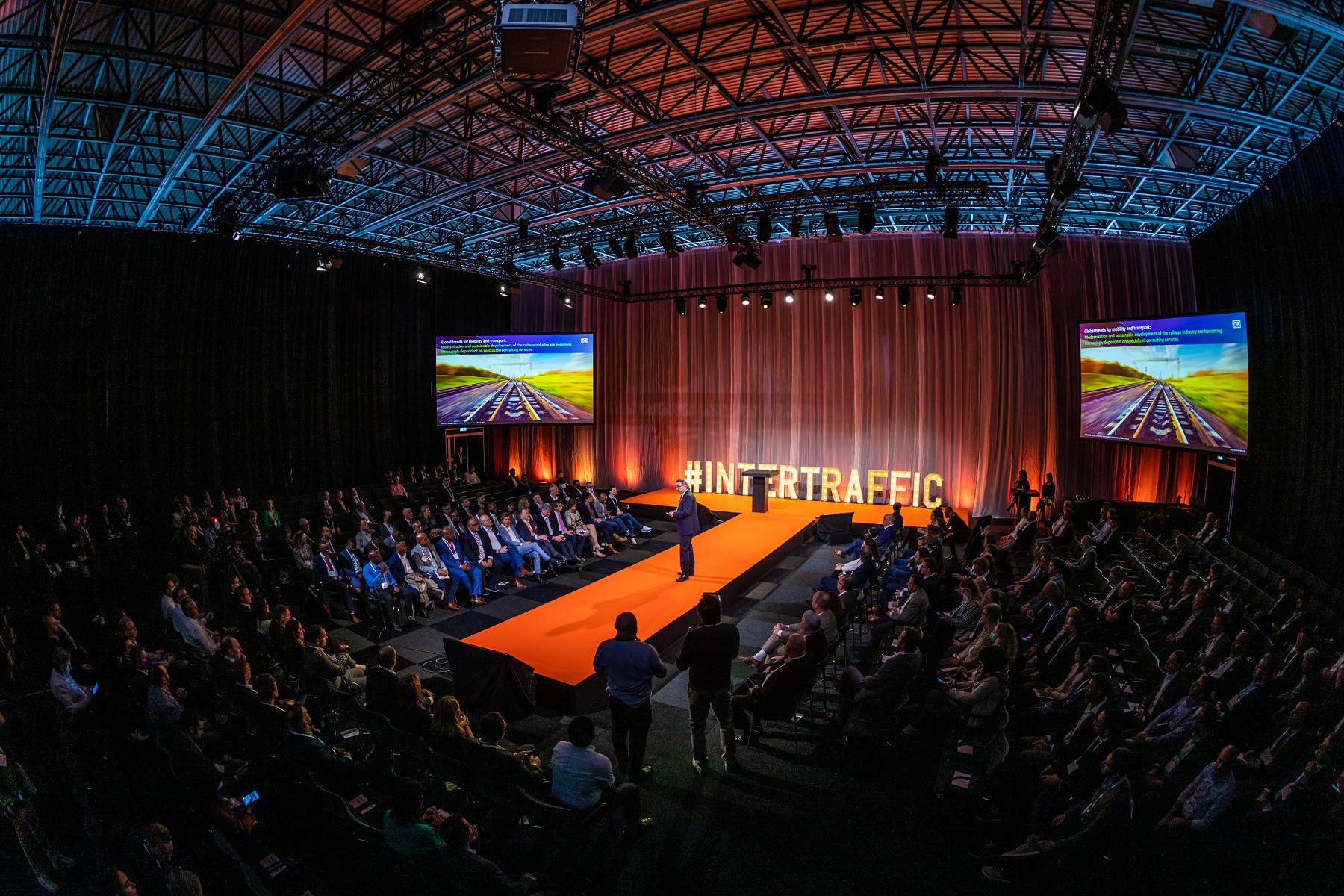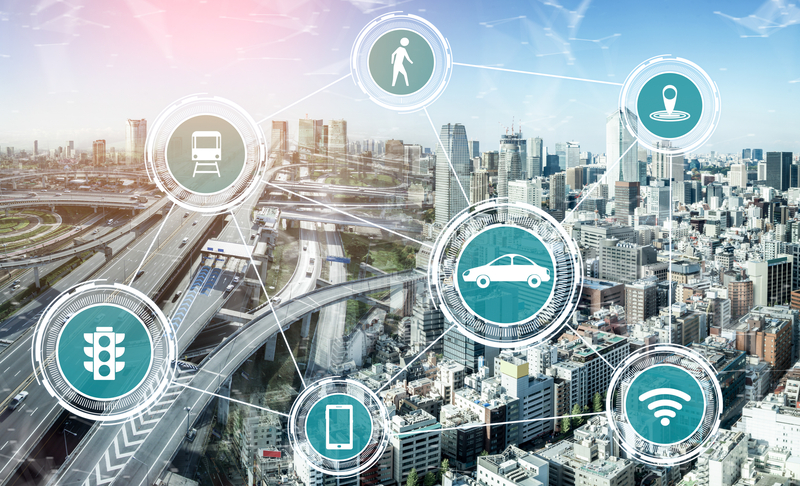
Intertraffic 2022's knowledge programme is to focus on the importance of digitalisation and real-time data exchange.
Participants in the Intertraffic Summit Programme 2022 include Swarco, 3M, Yunex Traffic, TomTom, Vitronic, Be-Mobile, Nissan, Amazon Web Services, International Road Federation, Polis, Cities of Amsterdam and Rotterdam, Teledyne Flir, Verra Mobility, EasyPark, Flowbird and WPS Parking Solutions.
The summit runs across three theatres and one stage and is part of the Intertraffic Amsterdam trade show running from 29 March to 1 April 2022 at RAI Amsterdam.
The conference is free to attendees at Intertraffic, who can apply for their entrance ticket via the Intertraffic website, and will include learnings about new parking services, impacts of climate change on the transport infrastructure, C-ITS deployment and how to realise smart roads and digital infrastructure.
Highlights include the presentation of Dieter Michell-Auli of Deutsche Bahn, whose presentation will focus on smart urban mobility, in particular looking at sustainable modes, including multimodal options, the need for a sustainable mobility ecosystem and adopting new technologies to meet travellers' connectivity needs.
The winners of the three Intertraffic awards - Green Globe Award, User Experience Award and Inspiration Award - will also be announced during the ceremony.
Summit themes will range from safe and secure data sharing, safer mobility with artificial intelligence and using data to fight congestion to smart asset management and optimising traffic by cloud technology and roadway analytics.
Sessions will focus on influencing travel behaviour, new mobility modes, integrated services, examples of Mobility as a Service in practice, all with the aim of providing an alternative to the use of the private car and to help to reduce congestion, CO2 emissions and constraints in transport capacity.
There will also be workshops on Green Deal impacts, multiple use of public space, kerb management, vehicle-driver interaction and creating next steps in Cooperative Automated Driving.
For more information, click here



